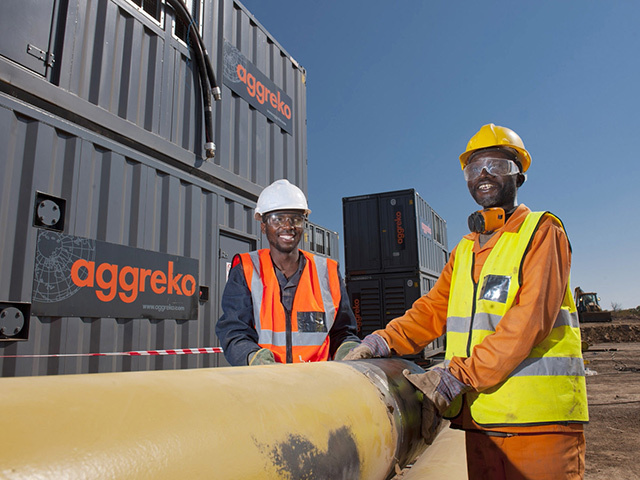
Everyone seems to be talking about Mozambique. This former Portuguese colony in the East of Africa is the focus of a topical luncheon at the Offshore Technology Conference in Houston this month and is the destination for a forthcoming trade mission for Aberdeen’s Africa Business Centre.
This isn’t surprising when you consider its vast resource wealth – an estimated $350billion in gas reserves alone. Opportunities abound in Mozamique.
However, there are security and political challenges to working there which should be assessed.
Despite hard-fought election battles, the political party Renamo and the now ruling party Frelimo have been political rather than military opponents for almost 20 years. The relationship changed in 2012 when militant hardliners led by Renamo president, Afonso Dhlakama, retreated from the political arena and threatened to resume the civil war.
On April 4, a group of armed men in the dark green uniforms of Renamo stormed a police station in the quiet town of Muxungue, in rural Sofala province, and killed four police officers. Dhlakama, holed up in a bush camp in the secluded Gorongosa Mountains, claimed responsibility for the attack.
Despite this, Dhlakama’s threat of civil war rings hollow. The party has pockets of strong support in the centre of the country, particularly in Manica and Sofala provinces, but it is no longer the force it once was.
Dhlakama is also increasingly isolated, his support split by the emergence of another credible opposition party, the Democratic Movement of Mozambique (MDM).
Nevertheless, the attack in Muxungue, followed two days later by an ambush on the Maputo road, has shaken investor confidence and raised fears of greater bloodshed ahead of municipal elections in November this year and general elections in 2014.
The attack is a reminder to international oil and gas firms that they are queuing up to invest in Mozambique at a pivotal moment in the country’s political and economic future. There are great opportunities ahead but also a number of significant challenges.
Mozambique’s offshore reserves have the potential to catapult the economy forward and generate huge benefits for its impoverished population. Given the state’s apparently massive gas resource, this country should be well placed to challenge Australia for the Asian export market in the next decade.
ENI, CNPC, Anadarko, Inpex and Statoil are among the oil and gas big names that are pushing the development of the sector forward, driven by finds currently estimated at around 100trillion cu.ft (2.8trillion cu.m), primarily in the fields of the Rovuma basin in northern Cabo Delgado.
The attractiveness of the Rovuma acreage will drive further investment into Mozambique, with recent major farm-downs including ENI’s $4.2billion sale to CNPC and Statoil’s April 2 deal with Inpex.
This is good news for Mozambique, but it must be tempered by the awareness that resource wealth in Africa has rarely calmed political unrest or soothed potential violence.
The saving grace for Mozambique is that its fields are located offshore and therefore far less likely to generate the kinds of secessionist violence seen in Nigeria for example, where wells in the Delta overlap with local communities.
The economic benefits of the oil and gas boom will act as a motivating factor for co-operation between political opponents and major political instability is unlikely as long as revenues from the oil and gas boom are adequately managed and distributed.
Careful stewardship cannot be guaranteed however, given high levels of corruption and Mozambique’s underlying structural inequalities. While a slight increase in development in the north of the country may occur, the vast majority of the benefits from the oil and gas sector will probably be funnelled into Maputo, exacerbating the inequality that is ultimately driving the new round of political violence seen in Muxungue.
The general elections next year will be keenly watched, but if peace talks with Renamo are successful in calming unrest, there is no reason that the country should not approach them with a cautious optimism.
Learning lessons from the development and challenges faced by other energy producing states, those seeking to enter this potentially lucrative marketplace have the opportunity to put procedures in place to mitigate risk from the outset.
What is clear is that companies need to keep abreast of the political and security environment of the country, which will evolve in parallel to the development of Mozambique’s energy sector.
Planning in advance for crisis situations at the outset is also essential – although it must be remembered plans require to evolve and to meet a fluid political and security environment and require regular review.
Alasdair Reid is intelligence analyst – Sub-Saharan Africa, at security specialist AKE. Colleague Claire Fleming is corporate relations manager